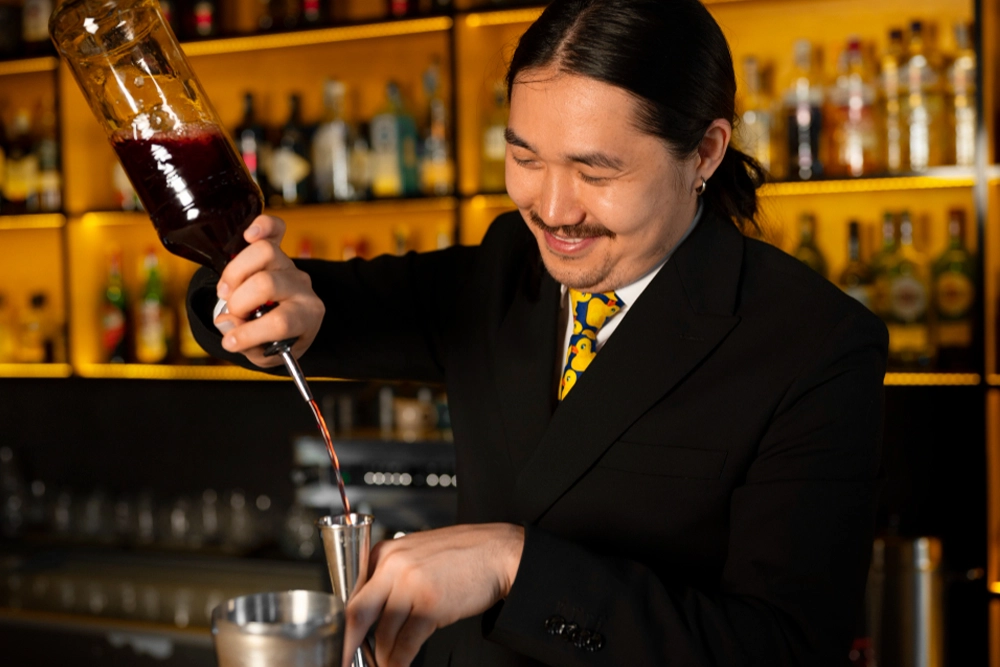In many jurisdictions, establishments that serve alcohol can be held liable for damages caused by intoxicated patrons. This liability, known as dram shop liability, varies from state to state but generally holds that if a bar, restaurant, or other establishment serves alcohol to a visibly intoxicated person who then causes harm to themselves or others, the establishment can be sued for damages.

Dram shop laws are designed to hold establishments accountable for their role in alcohol-related incidents. They aim to discourage over-serving and promote responsible alcohol service. While the specifics of dram shop laws vary, there are some common elements:
- Duty of Care: Establishments have a duty to exercise reasonable care when serving alcohol. This includes not serving alcohol to visibly intoxicated individuals.
- Proximate Cause: The over-service of alcohol must be the proximate cause of the harm or injury. This means that the harm must be a direct result of the individual’s intoxication.
- Statutory Limits: Some states have specific statutes that limit liability, such as requiring proof that the establishment knowingly served alcohol to a minor or a visibly intoxicated person.
- Contributory Negligence: In some states, the plaintiff’s own actions or negligence can reduce or eliminate the establishment’s liability. For example, if the individual who was over-served contributed to their intoxication by consuming alcohol elsewhere before arriving at the establishment.
- Social Host Liability: In addition to dram shop laws, some states have social host liability laws that hold individuals responsible for serving alcohol to guests who then cause harm to themselves or others.
It’s important for establishments that serve alcohol to understand their responsibilities and liabilities under dram shop laws. This includes training staff to recognize signs of intoxication, implementing policies to prevent over-service, and ensuring compliance with state alcohol laws.
Establishments can be sued for over-serving liquor under dram shop laws. These laws vary by state but generally hold establishments accountable for serving alcohol to visibly intoxicated individuals. Understanding and complying with these laws is crucial for all establishments that serve alcohol to protect themselves from liability.

